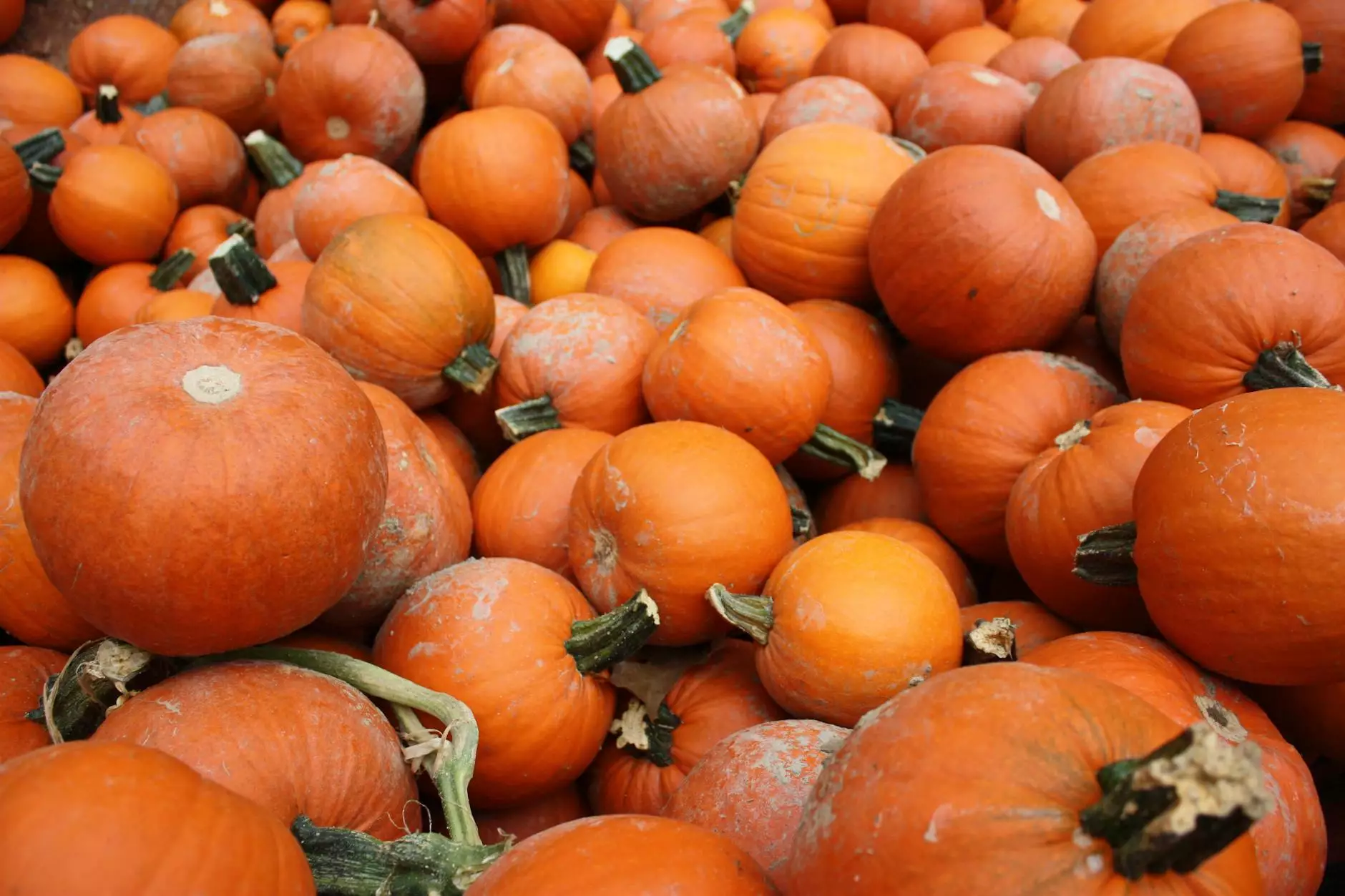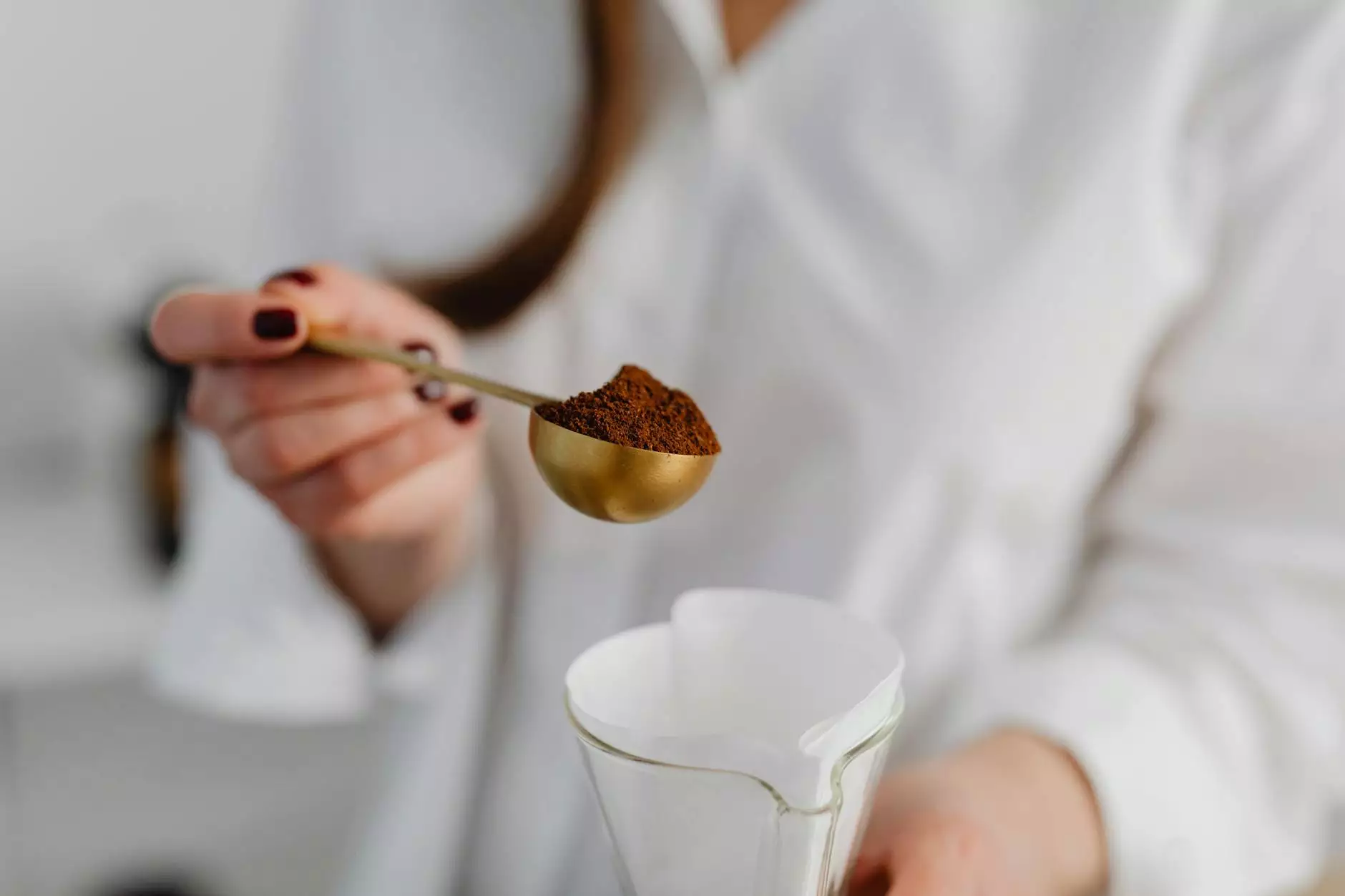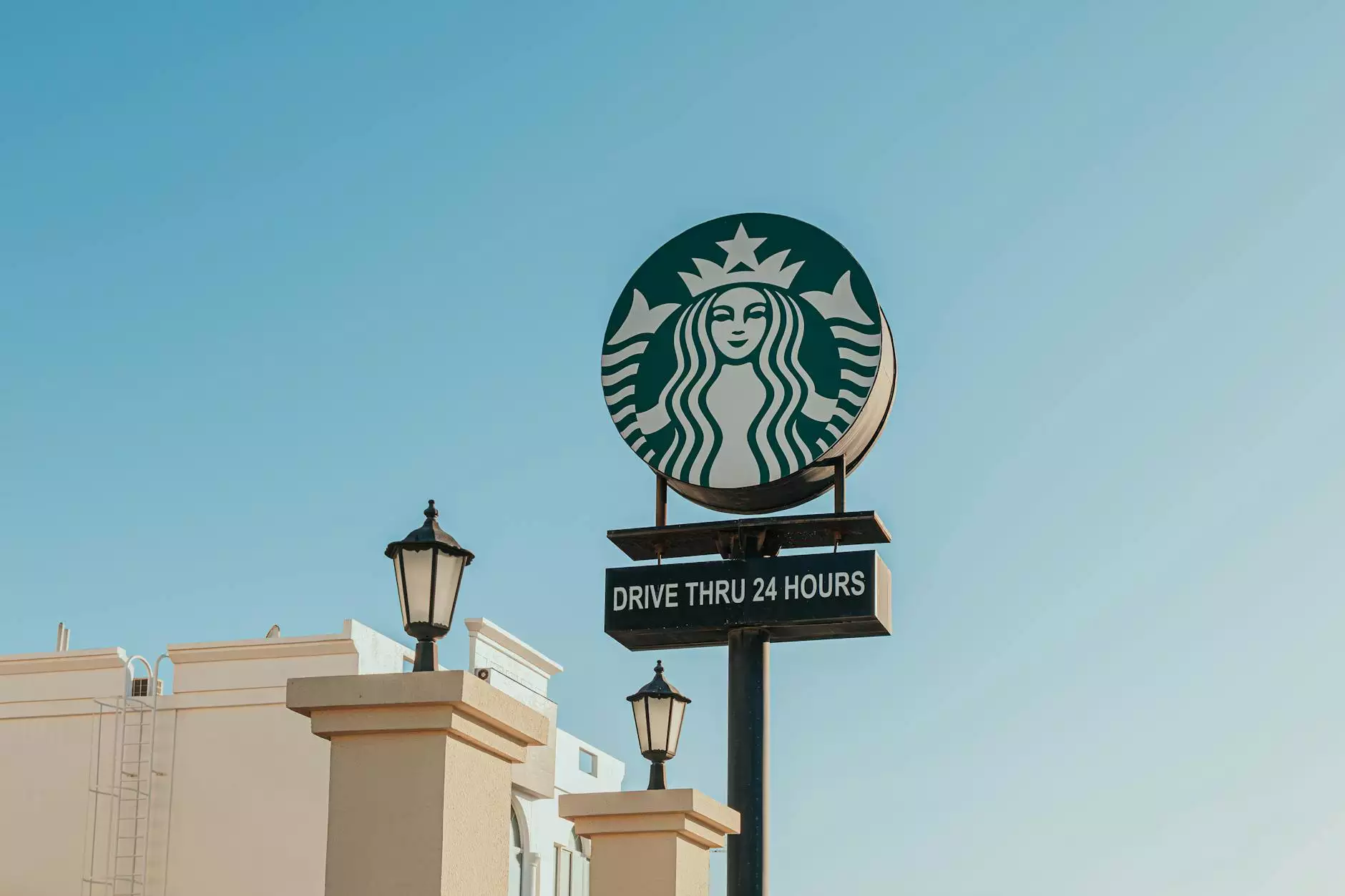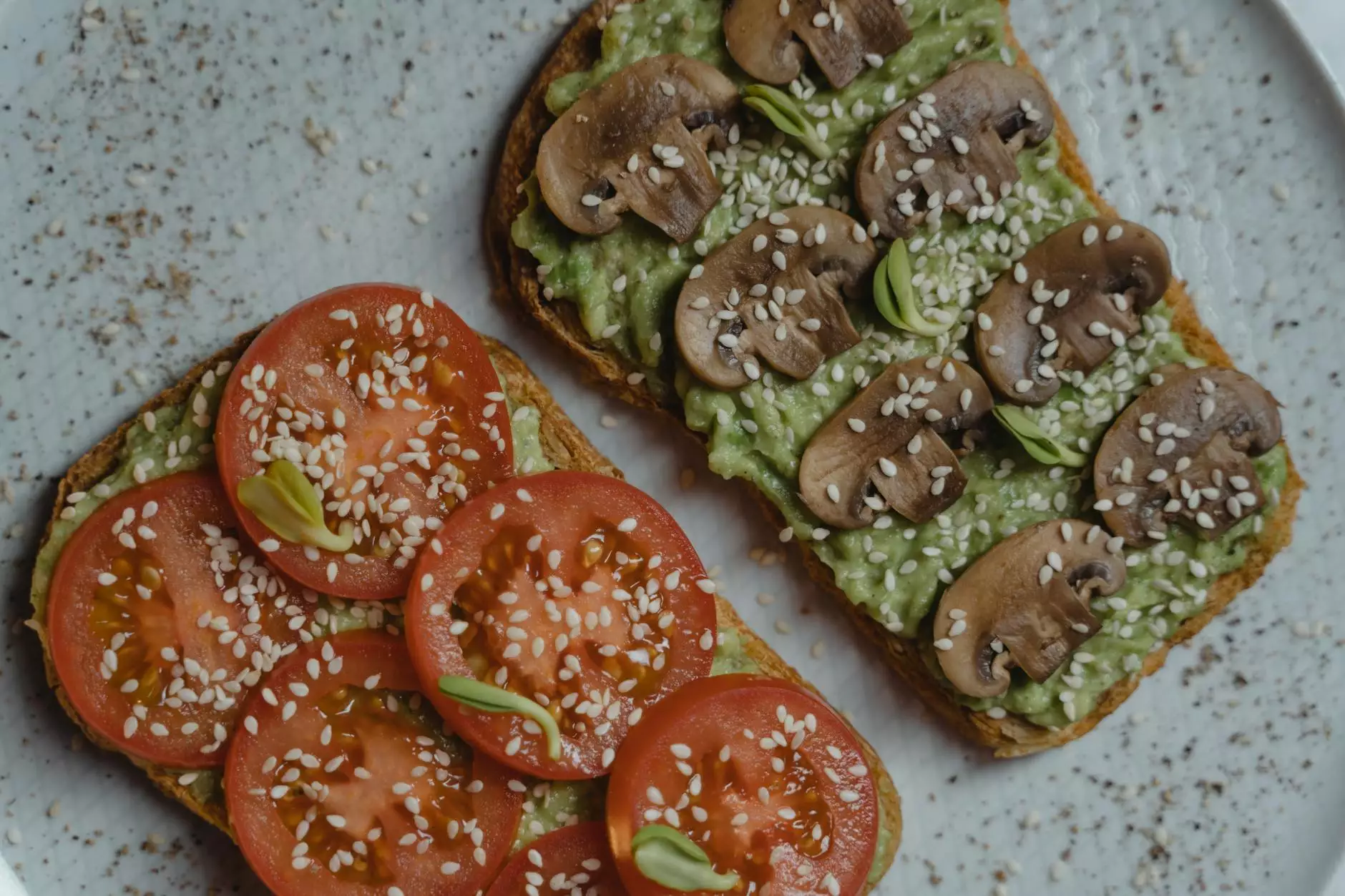Import Sugar from Brazil: Unlocking the Sweet Potential of Brazilian Sugar Suppliers

When it comes to sourcing high-quality sugar, businesses across the globe are increasingly looking to Brazil, one of the world's leading sugar producers. The vast countryside, favorable climate, and advanced agricultural techniques ensure that Brazilian sugar suppliers provide some of the best products in the market. In this article, we will explore why you should consider to import sugar from Brazil, the benefits associated with it, and how to navigate the import process seamlessly.
Why Choose Brazilian Sugar?
Brazilian sugar is renowned for its rich taste, quality, and reliability. Here are several compelling reasons to choose to import sugar from Brazil:
- High Quality: Brazil has a long-standing history of sugar production, which translates to high-quality sugar products. With rigorous quality control processes, sugar produced in Brazil meets international standards.
- Diverse Product Range: Brazilian suppliers offer a wide variety of sugar types, including raw sugar, refined sugar, and organic options. This diversity allows businesses to select the sugar type that fits their specific needs.
- Cost-Effective Pricing: Competitive pricing in Brazil’s sugar market makes it a cost-effective choice for importers. The scale of production results in lower costs, which can enhance your profit margins.
- Modern Infrastructure: Brazil's advanced logistics and infrastructure facilitate smooth shipping processes. The country’s extensive port system ensures timely deliveries worldwide.
- Strong Export Market: Brazil is one of the largest sugar exporters globally, ensuring a stable supply and reputation for meeting large-scale demand.
Understanding the Brazilian Sugar Market
The Brazilian sugar industry operates under a market that is both dynamic and robust. Understanding this landscape is crucial for businesses considering to import sugar from Brazil.
Key Players in the Brazilian Sugar Industry
Several key players dominate the Brazilian sugar market:
- Multinational Corporations: Many international firms have established a significant presence in Brazil, controlling vast sugarcane fields and factories.
- Cooperatives: Smaller farmers often collaborate in cooperatives to pool resources, ensuring that they can compete in the global market.
- Local Producers: There are countless local sugar producers that offer unique blends and specialty sugars.
Production and Harvesting
The sugar production cycle in Brazil typically runs from April to December, when sugarcane is harvested. Due to the favorable climate conditions, Brazil enjoys high yield rates from its vast plantations.
Utilizing advanced harvesting techniques and equipment, Brazilian producers ensure minimal loss during the harvesting and processing phases. This attention to detail results in top-notch sugar quality.
Importing Sugar from Brazil: The Process
Understanding how to import sugar from Brazil involves several steps that ensure compliance and smooth transactions. Below are the essential steps to take:
Step 1: Research and Identify Suppliers
The first step is to conduct thorough market research to identify potential Brazilian sugar suppliers. Here are some tips:
- Use trade directories and industry publications to find reputable suppliers.
- Attend industry trade shows and expos in Brazil to meet suppliers in person.
- Utilize online platforms such as brazilsugartopsuppliers.com to find a list of verified suppliers.
Step 2: Evaluate Suppliers
Once you have a list of potential suppliers, it’s crucial to evaluate them based on the following criteria:
- Quality Certifications: Ensure that the supplier has the necessary certifications, including ISO, HACCP, and other quality standards.
- Capacity: Assess whether the supplier can meet your volume requirements.
- Pricing: Compare pricing structures but also consider the value of quality over cost.
Step 3: Negotiate Terms
Negotiating terms is an essential part of the import process. Be clear about:
- Payment Methods: Determine acceptable payment terms (e.g., Letter of Credit, upfront deposit).
- Delivery Times: Agree on shipping timelines to ensure timely delivery.
- Incoterms: Understand the shipping terms, such as FOB (Free on Board) or CIF (Cost Insurance and Freight).
Step 4: Compliance with Regulations
Importing sugar involves understanding the legal requirements in both Brazil and your home country:
- Check import tariffs and quotas imposed by your country to avoid penalties.
- Ensure compliance with food safety regulations; you may need to provide documentation.
- Consider working with a customs broker to facilitate the import process.
Step 5: Arrange Logistics and Shipping
Logistics is a crucial factor in successfully importing sugar. Key considerations include:
- Shipping Options: Choose between bulk or container shipping, depending on your quantity requirements.
- Tracking Shipments: Ensure your supplier provides shipment tracking solutions to monitor the delivery process.
The Future of Sugar Import from Brazil
As the global demand for sugar grows, Brazil continues to innovate and adapt its production practices. The future of importing sugar from Brazil looks promising for several reasons:
Sustainability Initiatives
Brazil is increasingly focusing on sustainability in its sugar production, aiming to reduce its environmental footprint. Initiatives include:
- Utilizing renewable energy sources in production.
- Increasing the use of organic farming practices.
- Investing in technologies to improve yield while reducing water usage.
Technological Advancements
Advances in agricultural technology are set to improve the efficiency of sugarcane production, enabling Brazilian suppliers to meet growing global demands. This includes:
- Precision agriculture techniques to optimize crop yields.
- Result-oriented research and development efforts to foster resilience against pests and diseases.
Conclusion
In summary, choosing to import sugar from Brazil is a strategic decision for businesses looking for quality, reliability, and cost-effective sugar solutions. By navigating the import process effectively and partnering with reputable Brazilian sugar suppliers, you can ensure a steady supply chain that enhances your business's growth and profitability. With Brazil's commitment to sustainability and innovation, the future of sugar imports from this vibrant country is undoubtedly sweet.









